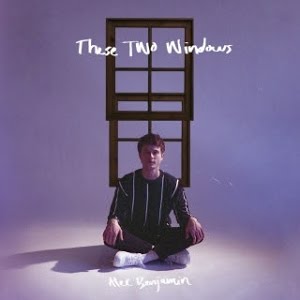

Are you worried that will alienate hardcore Dragon Age fans? Through that, you can dive into the game and encounter the combat systems that we've changed nice and fast, then get to see how the story plays out.Īnd you've changed the combat system so it's more responsive compared to Origins, and made the game more action-oriented. So, the big goal for us is to ensure that at those moments when we do add some unreliability, they serve a gameplay purpose – whether that be through enriching the story or, as we're doing at the beginning of the game, giving you a taste of what your character will be like at a higher level, what the legendary version of your character is. Because if you say: "No, this isn't what you did," then after a while, nothing will matter and for all I know, you'll be telling me it's all a dream at the end of the game, and I'll want to punch you. You have to be very careful in gaming, as a medium, whenever you take away the player's trust.

And that's where the player's experience comes in, because those details are key to that.Īnd the framed structure allows you to add an element of unreliability to the narrative – are there not parts of the game that you replay from different narrative viewpoints? That meant we needed a narrative style that would get us from significant moment A to significant moment B, and that's what the framed narrative came out of: the idea of an interrogation that really is dragging forward through time, and the person suffering the interrogation, Varric, wanting to make sure that the interrogator understands the details, not just the high-level information. And while that can be a bit of a monumental task, our goal was to deliver an experience that feels like you're playing through the most significant moments in the life of the man or woman you control. We have an agenda of wanting to make the Dragon Age franchise stand out as one that evolves over time, so that as you play the games, it feels like a world that is changing. What we wanted to do was to try and build a game that covered a much longer span of time than normal – a whole decade of history.

It really hasn't been done a ton in gaming, although it has shown up occasionally. It's one that has been used before, but the idea of the framed narrative is that one story is telling another story. Talk us through Dragon Age II's framed narrative structure. We have over 25 writers on staff across all the Bioware studios and five editors, and then many of the senior staff are ex-writers like myself, so that keeps the focus.

And a big part of that is a commitment to writing as a craft. For us as a studio, we basically keep it as a priority – our studio mission is to build the best emotionally engaging games in the world. I've played games with great stories, but if the combat gets dull after a while, you start to disengage between the story moments. Those three things are the holy triumvirate, really, of RPGs. And to acknowledge that just having a good story isn't enough if you don't have the flow and pacing that comes out of combat and out of having progression. I think the key is to use story not as a replacement to gameplay but as a flavour of gameplay. That's something for which Bioware is famed – how do you take that and build it into a gameplay experience? Your theme is narrative and storytelling in games. Finally, Laidlaw offered an impassioned argument in favour of games as a valid art-form. Following his talk at the inaugural Gamesblog Live event, in which he explored "the importance of narrative and storytelling in gaming", we grabbed Dragon age II lead designer Mike Laidlaw for an interview.Īrticulate and thoughtful, with a background as a writer before he started making video games, Laidlaw would be a good man to put in front of those who persist in maintaining that games are uniformly mindless.Īfter pumping him for further details regarding Dragon Age II's unusual "framed narrative" structure and how that affects gameplay, the conversation progressed to more general observations on the nature of role-playing games (RPGs) and the joys of working for Bioware one of the largest, most cerebral and most successful developers.


 0 kommentar(er)
0 kommentar(er)
